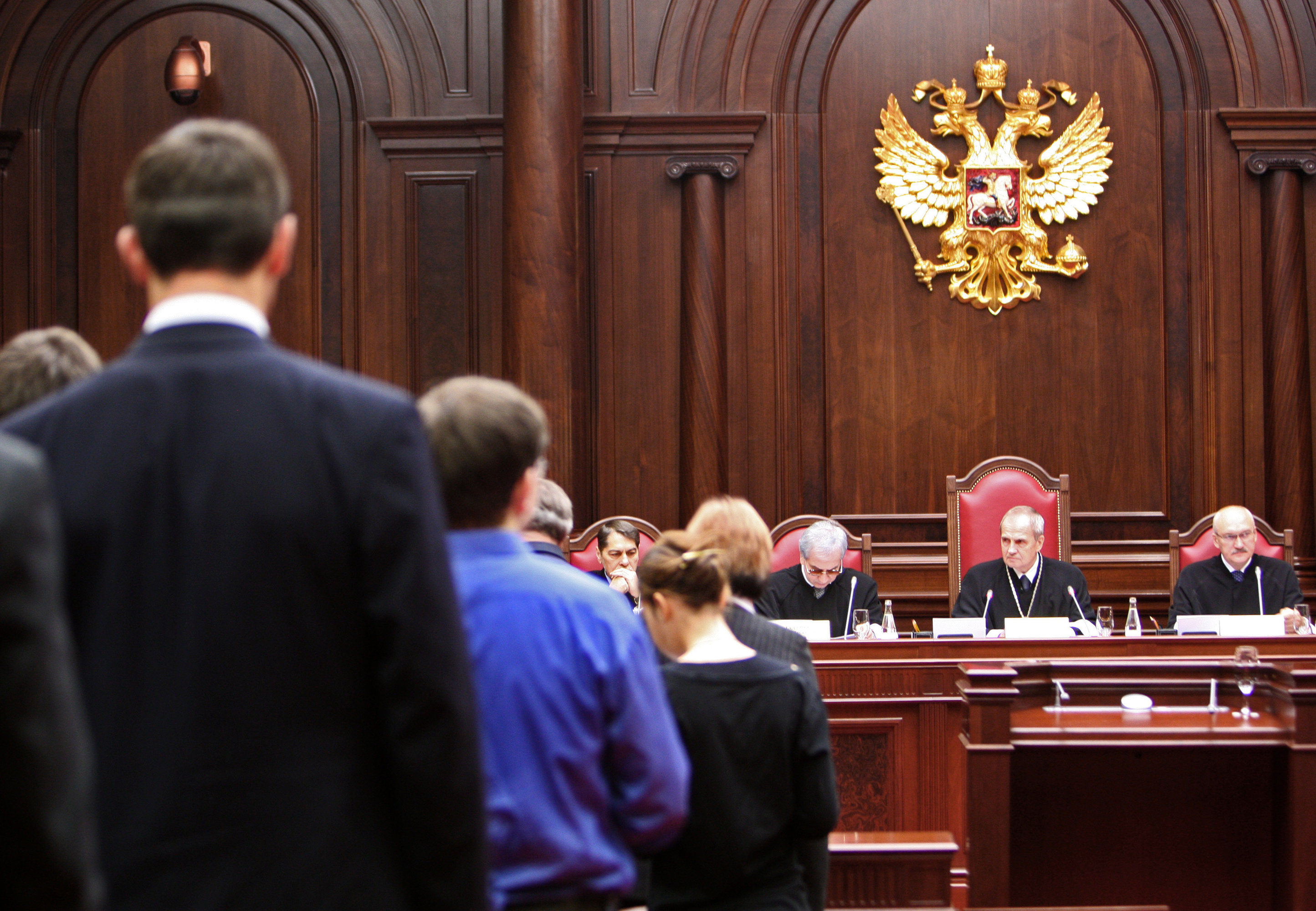Retrial on any grounds
Subject
The lower house of the Russian parliament registered Draft Federal Law № 581826-5 “Amendments to Article 413 of the Russian Legal Procedure Code" on July 19. Its author is Anatoly Lyskov, chairman of the Federation Council’s (the upper house) legal committee.
The amendments provide for the establishment of a list specifying types of newly-discovered facts upon which criminal cases may be reopened. The list will be open, meaning the government can add new types of facts to the list. It will allow for the reopening of cases in which final verdicts have been issued, no matter how long ago such verdicts were delivered.
Currently such newly discovered facts are confined to newly discovered issues relating to:
1) knowingly falsified (forged) evidence, minutes or other documents, or knowingly falsified translation/interpretation, resulting in an unlawful, unfounded or unjust verdict;
2) criminal acts committed by an investigator or prosecutor, resulting in an unlawful, unfounded or unjust verdict;
3) criminal acts committed by a judge in considering a case.
Under the current rules, all three types of aforementioned evidence shall be established by a court judgment (not necessarily higher than the one that initially considered the case), which has entered into force.
The amendments will enable the introduction of these types of facts through different means. For example, an investigator’s resolution will be sufficient in order to admit new facts.
When evidence of a procedural violation is discovered, but the person who committed the violation remains unidentified, the court cannot issue a conviction for the violation. Under the current rules, since no conviction is issued, the case in which the procedural violation was committed cannot be reopened, due to lack of a final court judgment. The amendments would rectify such situations.
Risks and criticism
Indeed, the author’s intention to revise current procedure for reopening cases deserves nothing but praise. However, some concern has been expressed over the methods offered by Lyskov (a former chief lawyer of FSB) for such revision.
The main concern over the amendments is that they allow for an open list of newly-discovered types of facts eligible for reopening cases. Currently, the list is closed. Moreover, such facts must currently be confirmed by an effective court judgment.
The proposed amendments will make it easier for prosecutors to retry those guilty defendants who have been wrongly acquitted, as they will be able to reopen the cases based on an increasing number of procedural faults. At the same time, the amendments also increase prosecutors’ ability to retry those who were earlier acquitted based merely on such unjust motives as revenge.
The amendments read that the list should be opened in order to enable “objective reasons to rectify miscarriage of justice”. But, what would such reasons be?
The current language of the amendments suggests that courts could use the open list in order to retry someone based merely on their failures or negligence the first time around.
Good reasons
This draft law is guided by the same purpose as Constitutional Court Resolution N 6-P of May 16, 2007. The latter allows retrials in order to pass stricter sentences. It also provides a legal opinion on the list of reasons to retry the case: a closed list “rules out the possibility of remedying objectively unfounded and unlawful court judgments, which are not subject to review under other procedures". In this manner, the Constitutional Court has openly acknowledged that the present closed list is unlawful.
Conclusions
The draft law is ambiguous. On the one hand, it was prompted by the Constitutional Court’s opinion and obvious flaws in current judicial procedure. On the other hand, the risks of abuse are too high, so long as the bill is adopted “as is”.
Taking everything into consideration, I think the best route toward revision would be to begin with a broad discussion involving experts in criminal procedure, constitutional court proceedings, and civil society.
Sergei Khavansky, RAPSI expert



